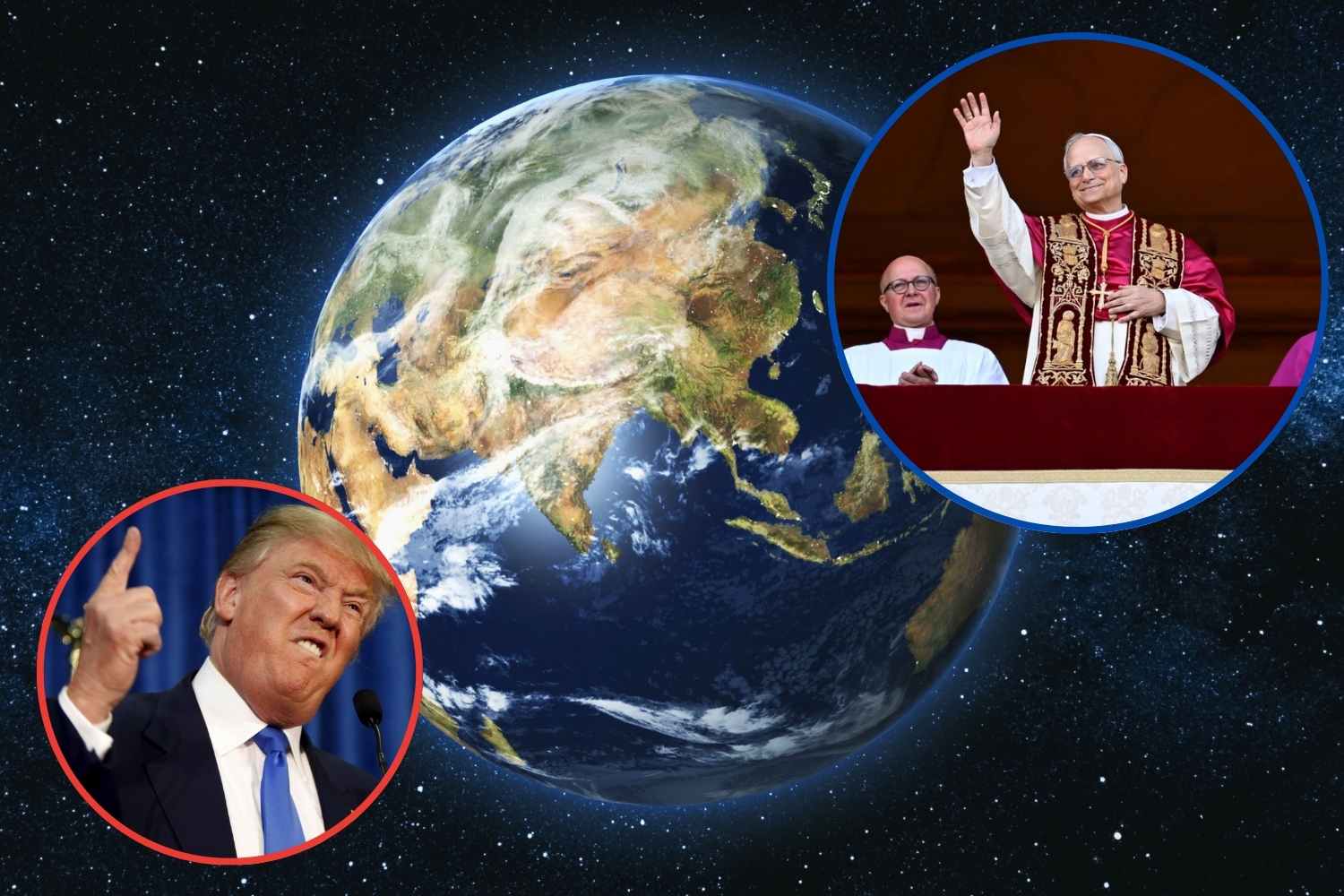Pope Leo XIV issues a sharp moral warning on climate change from Castel Gandolfo, urging ecological conversion and citizen pressure ahead of COP30.

@Canva
“God will ask us if we have cultivated and cared for this world He created.”
Pope Leo XIV didn’t mince his words. Speaking from Castel Gandolfo to mark the tenth anniversary of Laudato si’—Pope Francis’s landmark environmental encyclical—the Chicago-born pontiff issued a sharp and unmistakable warning. His message was direct, almost confrontational, and left little room for comfortable interpretations: the era of climate denial is morally indefensible.
A clear message to climate skeptics
During the international conference “Raising Hope for Climate Justice,” in front of an audience of religious leaders, scientists, and civil society representatives, Pope Leo XIV openly condemned those who mock the signs of climate change or twist them for political gain.
He denounced those who have “chosen to mock the increasingly evident signs of climate change, to ridicule those who speak about global warming, and even to blame the poor for the very things that affect them the most.”
The remark sounded like a thinly veiled rebuke of former U.S. President Donald Trump, who only weeks earlier had called the climate movement “the greatest hoax ever perpetrated on the world.”
It wouldn’t be the first time Leo XIV—born Robert Francis Prevost in Chicago—has weighed in on American debates with piercing clarity. In recent months, he’s also challenged segments of the U.S. Catholic right on ethical and social issues, calling out contradictions within their positions. “Those who say they are against abortion but support the death penalty are not truly pro-life,” he said recently, a statement that landed like a stone thrown into a very still pond.
Ecological conversion, not resignation
The Pope’s environmental vision mirrors his broader moral framework: integral, urgent, and resistant to complacency. “There is no room for indifference or resignation,” he warned.
He called for nothing less than an “ecological conversion”, grounded in what he described as an “integral ecology”—a framework resting on four intertwined relationships: with God, with others, with nature, and with oneself.
But this conversion isn’t meant to be abstract theology. Leo XIV issued a call to civic action, urging citizens across the world to put real, sustained pressure on governments. “If citizens do not keep watch over political power—national, regional, and municipal—it will not be possible to counter environmental damage,” he said. Only through this shared vigilance, he argued, can humanity begin to mitigate the damage already inflicted on the planet.
A crucial moment before COP30
His intervention comes at a pivotal time. In just over a month, the COP30 climate summit will take place in Belém, Brazil, at the edge of the Amazon rainforest. Brazil’s environment minister, Marina Silva, has formally invited the Pope, convinced that his presence would offer an “indispensable contribution” to the summit’s success.
It’s not hard to imagine the symbolic weight of such an appearance. A pontiff who speaks in moral absolutes about the climate crisis, standing in the Amazon, could shift the tone of international negotiations in ways that charts and emissions tables never could.
Unexpected praise from Schwarzenegger
Among the attendees in Castel Gandolfo was Arnold Schwarzenegger, the former governor of California, who praised the Pope as a “hero in action”—pointing to tangible steps like installing solar panels on all Vatican buildings.
Pope Leo XIV, with a characteristic mix of humor and humility, quickly deflected the compliment: “If there is a hero in action here,” he said spontaneously, “it is all of you working together.”
Do you want me to make this sound more like a feature piece (magazine-style), or keep this newsroom-sharp tone?
